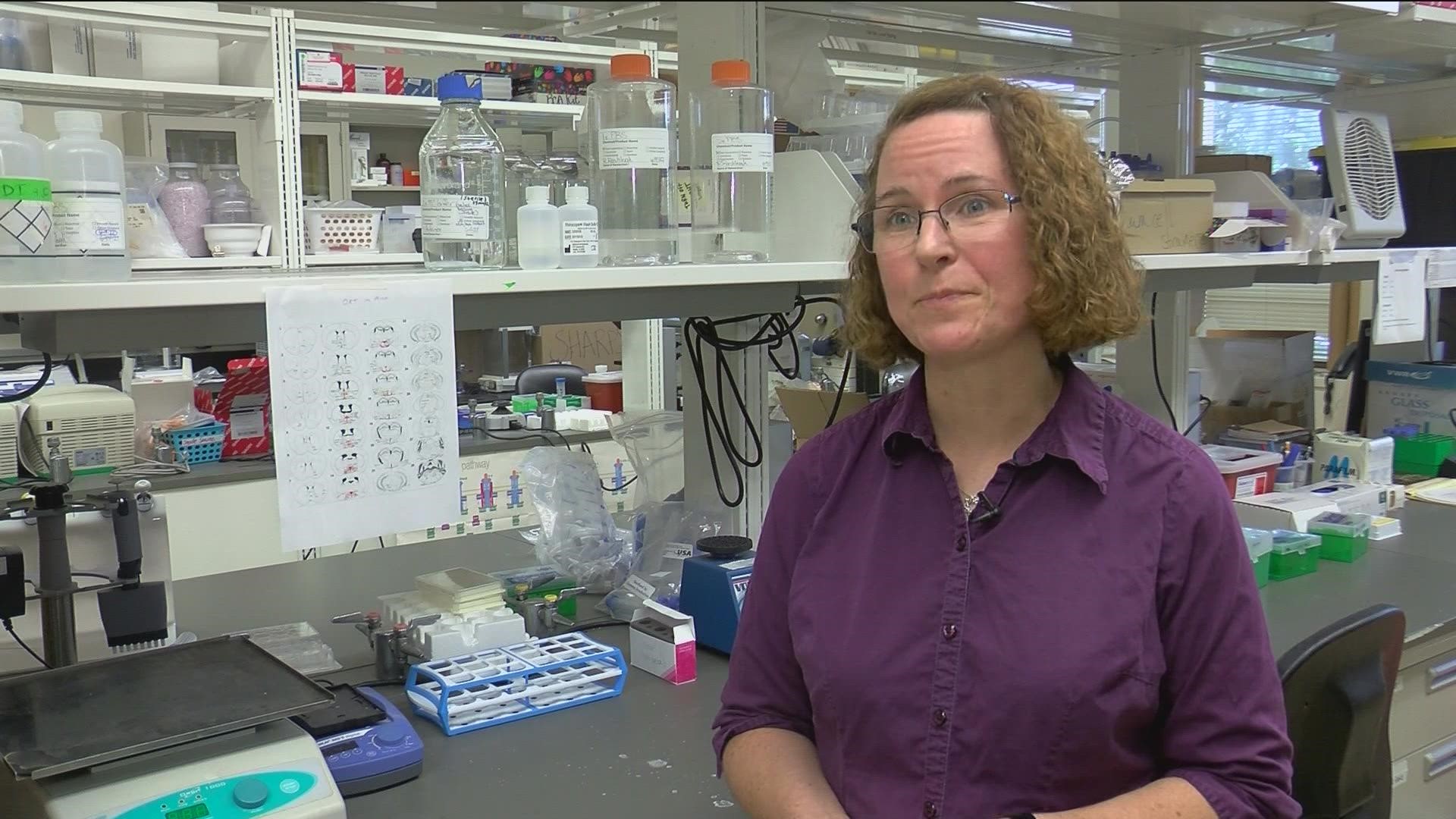TOLEDO, Ohio — Researchers at the University of Toledo are getting $2.7 million to look into how insulin and diabetes affect fertility. The grant is from the National Institutes of Health.
"People with obesity or diabetes have impaired fertility," said Jennifer Hill, associate professor at the Department of Physiology and Pharmacology in the University of Toledo College of Medicine and Life Sciences.
Hill said while researchers already know that obesity and diabetes play a role, what they want to learn now is now is how insulin affects reproductive hormones.
It's a question their work could answer in the next few years.
"The more we know about the mechanism, the more likely we'll be able to treat people down the road," Hill said.
Hill said the issue of insulin's affect on fertility is understudied, but now with this grant, her team will have the ability to try find solutions for women with diabetes struggling to get pregnant.
"I just want them to know that researchers have their back and we're trying to advance treatment for them," Hill said.
Hill said that for years, labs have looked into how insulin impacts neurons in the brain. What hasn't been studied as much is how insulin impacts astrocytes. Hill said these "helper cells" help neurons fire and send signals to the body.
That's not the only thing these researchers want to look into. There also are some interesting questions about puberty in teens.
"A lot of children have been going through puberty early and we don't understand why pubertal timing has gotten younger and younger over the decades," Hill said. "One possibility is that high insulin states like obesity are driving that."
She added that around 100 years ago, the average age for girls to get their first menstrual cycle was 17. Now, the average is 12 years old.
The grant will be allocated to the university over the next five years. The lab Hill is a part of is part of the Center for Diabetes and Endocrine research.
More on WTOL:

